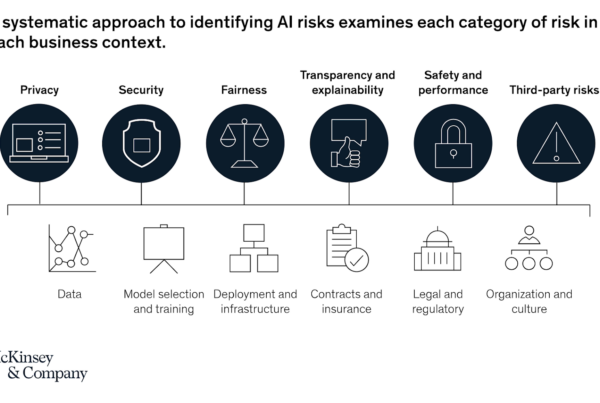One of the most pressing social transformation conversations being had right now is big tech and surveillance advertising business models. This topic is particularly under scrutiny following the 2020 election, 2021 headline events, and the widely panned Social Dilemma Netflix documentary.
A new coalition called, “Ban Surveillance Advertising,” has drawn advocacy and non-profit organizations across tech, media, and consumer protection to speak out against surveillance advertising — i.e., “the practice of extensively tracking and profiling individuals and groups, and then micro-targeting ads at them based on their behavioral history, relationships, and identity.”
The coalition’s open letter is signed by influential organizations, such as American Economic Livertis Project; CCDH, Center for Digital Democracy, Common Sense Media, Epic.org, Fair Vote, Global Action Plan, Institute for Strategic Dialogue, Media Matters for America, Open Markets, Public Citizen, Tech Transparency Project, The Social Dilemma producers, and more.
“What really defines the dominant model of digital ad tech is that it’s based on keeping track of where we go, what we do, whom we know,” says Wired politics writer Gilad Edelman. 
Business Models
Surveillance business models have historically underpinned the revenue strategy for many large tech platforms — offering free services but serving up user behavior and data to advertisers. In 2020, Facebook made $84.2 billion in ad revenue and Google made $134.8 billion on advertising.
Over the years the data has become more and more detailed, the technology more integrated into internet experiences, and the costs around advertising have become even more inflated.
It is time to move away from a “toxic, extractive business model,” says the coalition, citing the incalculable costs to society. Surveillance advertising business models pose risks such as eroding consensus reality, in addition to threatening public safety and health of democracy, says the coalition.
Information Ecosystem
In addition to a necessary shift in business models and platform terms, the need for fair and balanced media practices cannot be overstated. The echo chamber-ecosystem that has flourished on surveillance advertising platforms like Facebook and Google has elevated click-bait over facts. “Surveillance advertising is further damaging the information ecosystem by starving the traditional news industry, especially local journalism,” writes the coalition.
One example of how social transformation conversations like this catalyze important change: Over the summer, my social impact investment group, Net Effect Ventures, tackled social innovation around addressing media accuracy and reporting. The project was called “Truthlytics.” Truthlytics is a platform that prioritizes factually accurate articles, incentivizing news organizations to produce objective content. The strategy of shifting the focus back onto quality also reduces the problems associated with overdependence on ad revenue.
“There is no silver bullet to remedy this crisis – and the members of this coalition will continue to pursue a range of different policy approaches, from comprehensive privacy legislation to reforming our antitrust laws and liability standards,” says the coalition letter. “But here’s one thing we all agree on: It’s time to ban surveillance advertising.”







